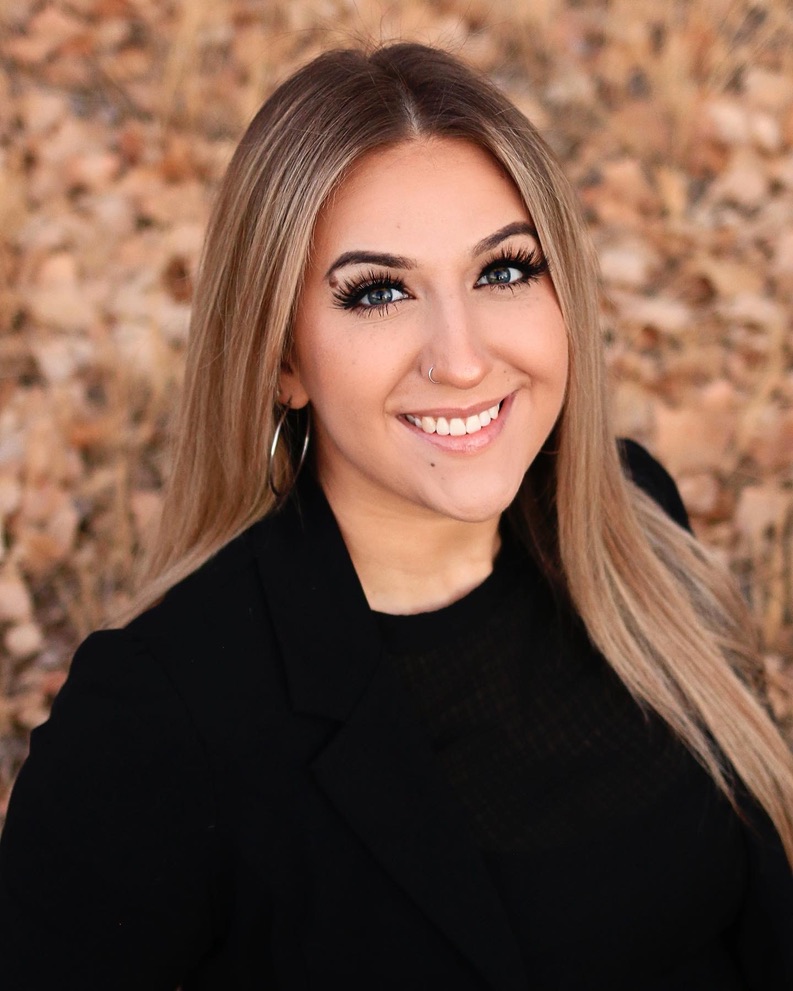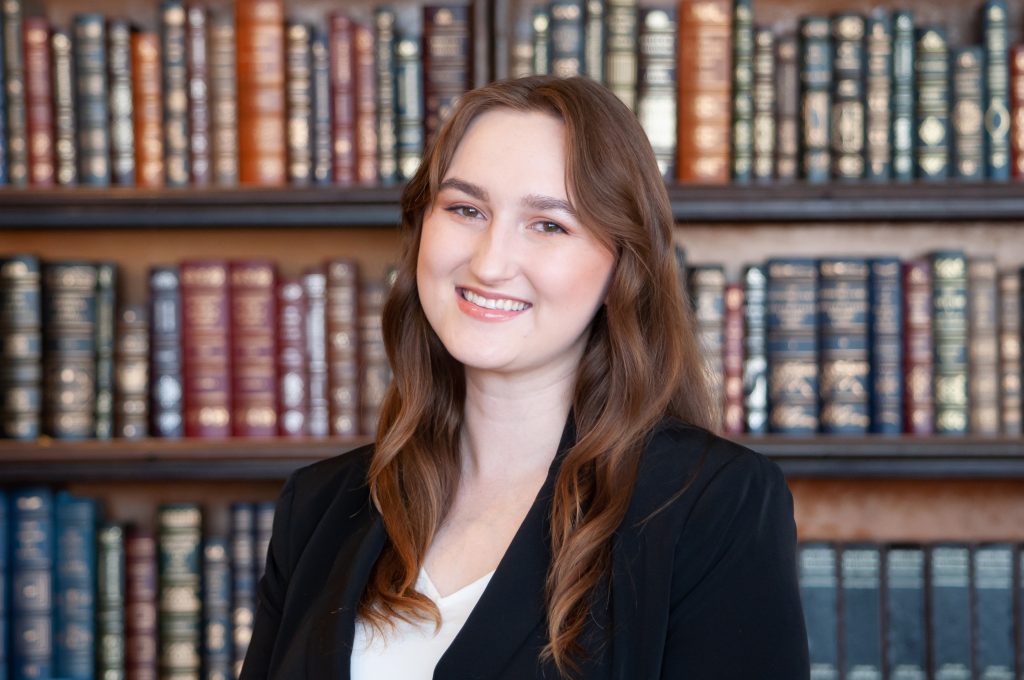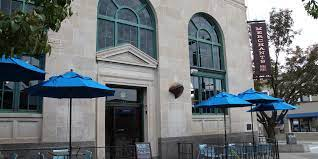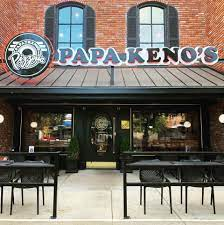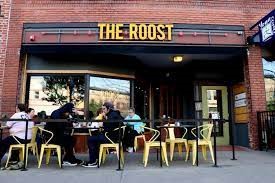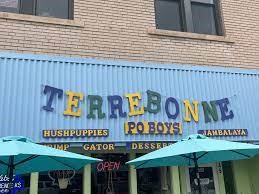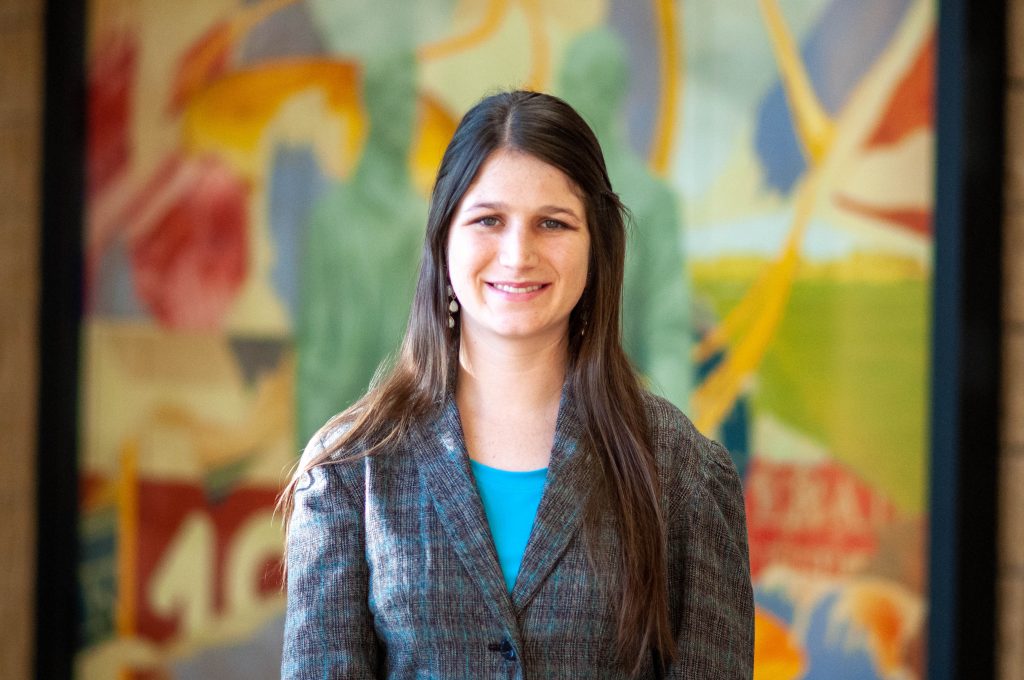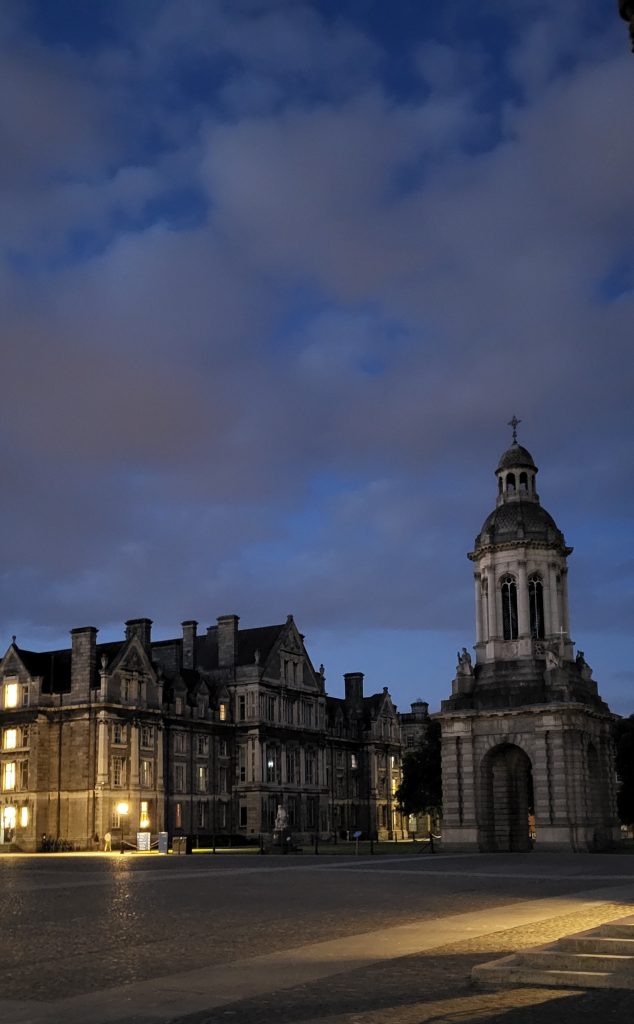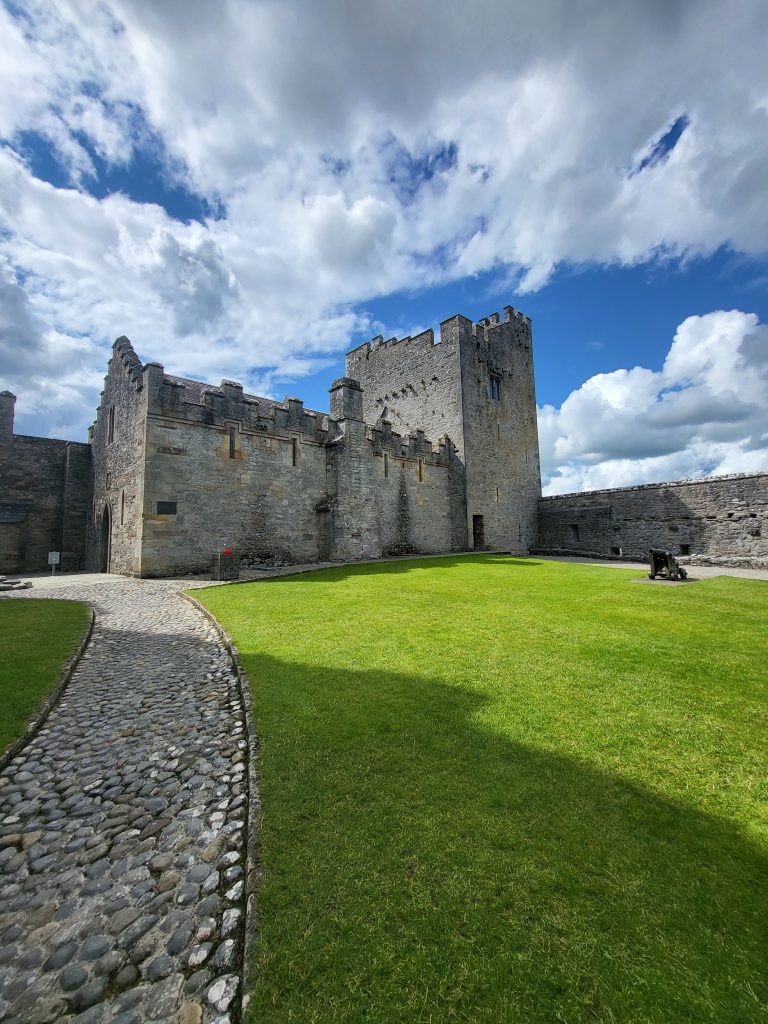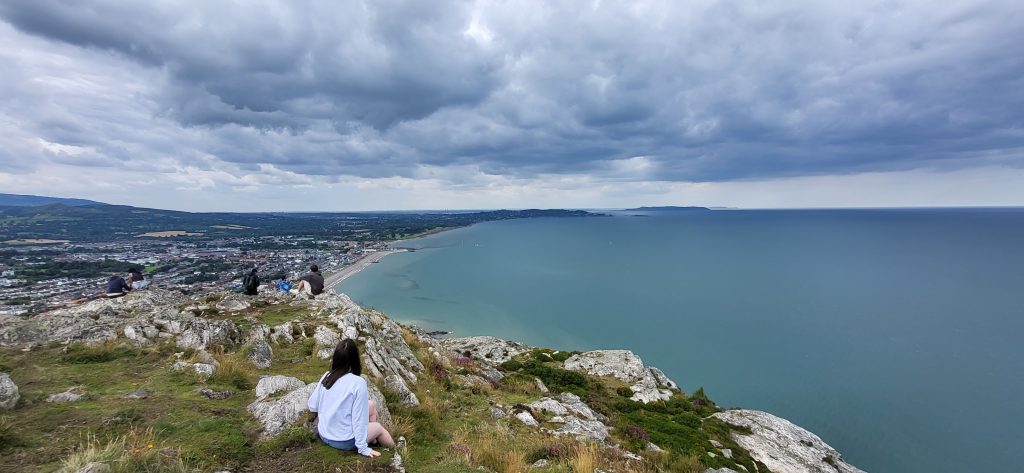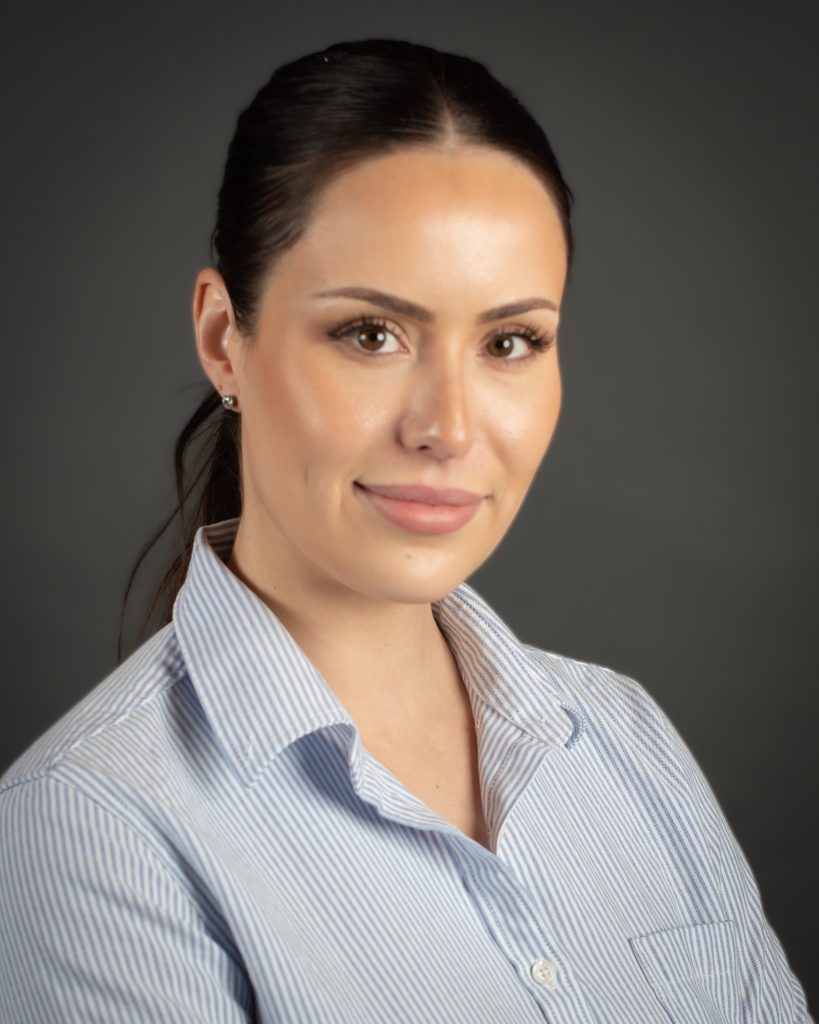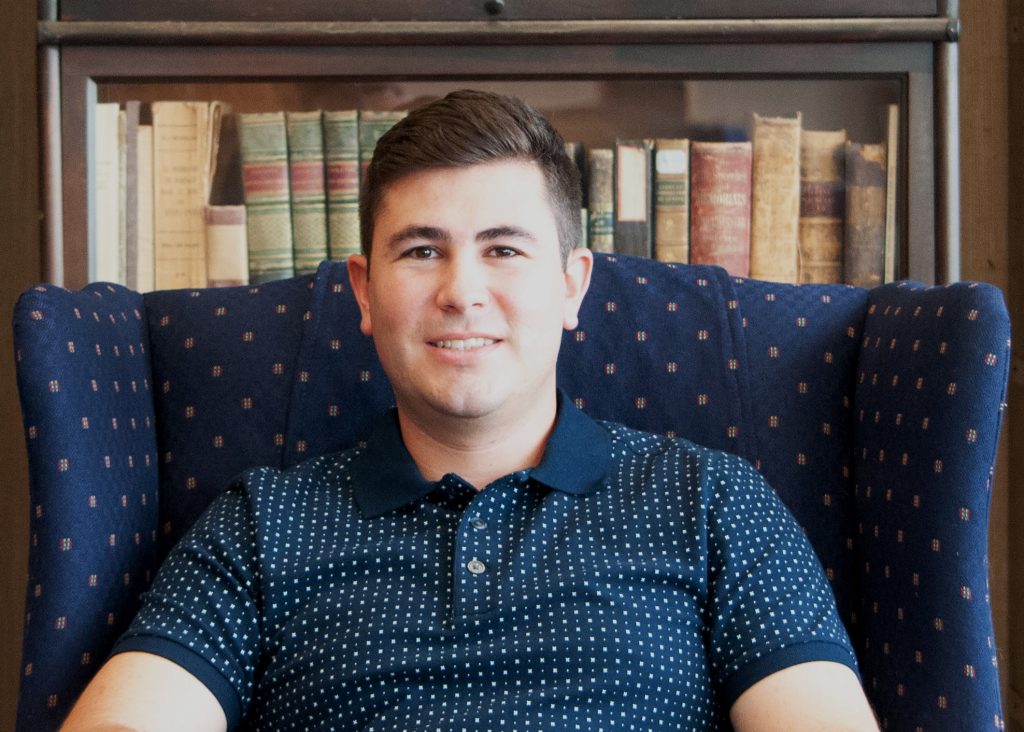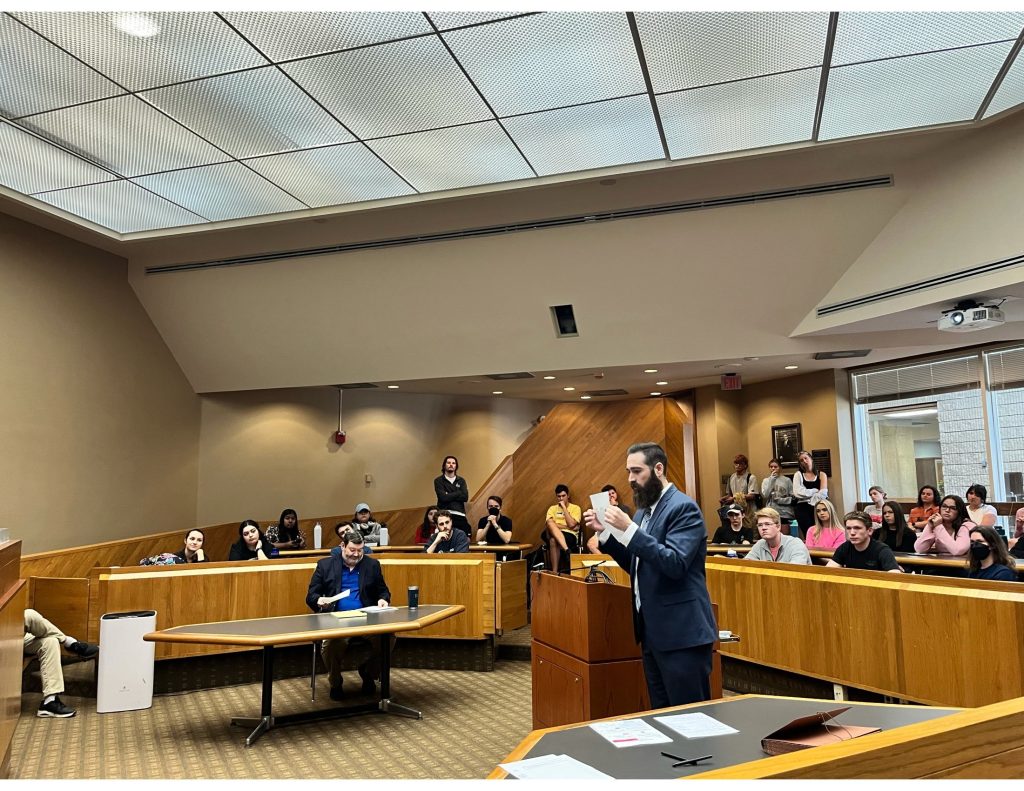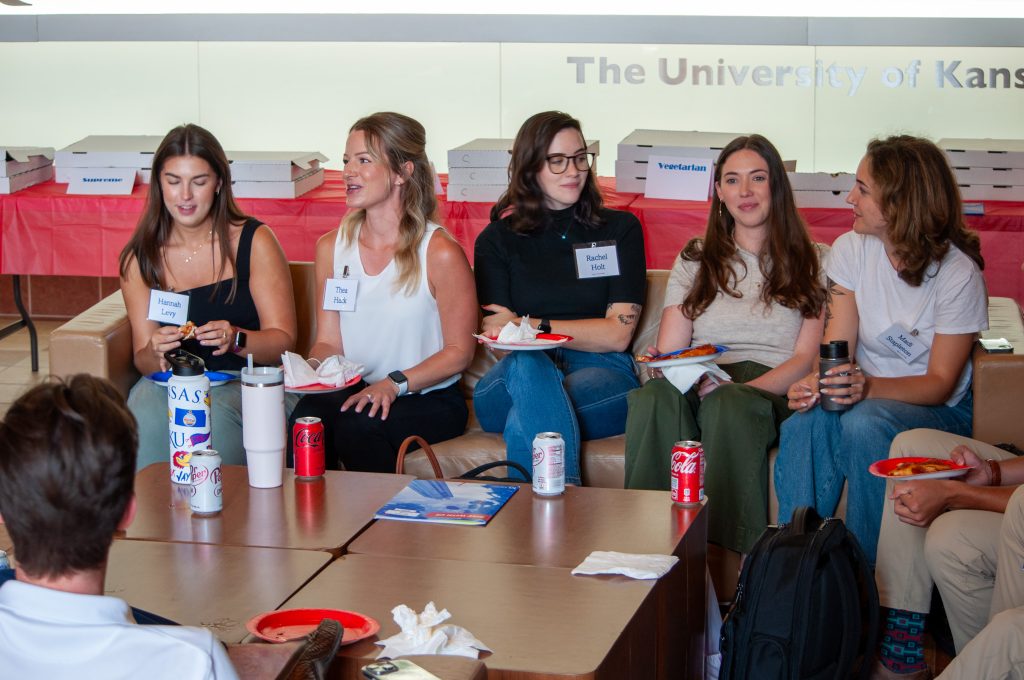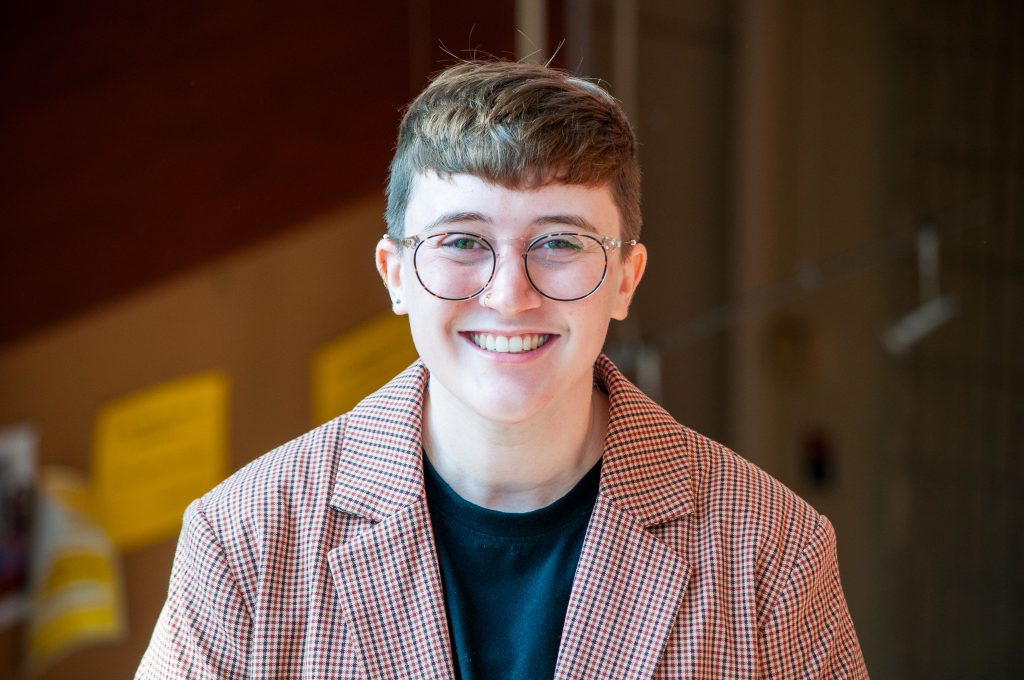Desiree Duke, 3L, is no stranger to the world of law and justice, thanks to her mother. Originally from Albuquerque, New Mexico, Duke worked as an assistant to a Legal Life Care Planner/Burn Injury Expert as part of her pre-law school work experience where her true passion for plaintiff personal injury and medical malpractice came to fruition. She then took part in the Medical-Legal Partnership to continue her work to become the best attorney and advocate for their clients.
The Medical-Legal Partnership is a collaboration between KU Law and two health systems: The University of Kansas Health System at KU Medical Center in Kansas City and Lawrence Memorial Hospital in Lawrence. MLP interns work with MLP attorneys to gain experience conducting intake interviews; developing case strategies; conducting legal research; and preparing legal pleadings, briefs and memoranda of support.
Can you describe where you worked and what kind of work you did while in the program?
In the spring of my 2L year, I had the opportunity to work at the Medical-Legal Partnership (MLP) Field Placement Program at KU Medical Center in Kansas City. My time at the MLP consisted of various work including conducting legal research, writing memoranda and drafting legal documents.
However, the majority of my work was interviewing potential clients. I spoke to between five and ten potential clients each day at the MLP and conducted thorough interviews to gain an understanding of the situation they were seeking legal help for. From there, I would draft a detailed memorandum relaying the information to my managing attorneys for review.
Were there any specific skills that you developed or improved through this program?
I improved my interpersonal skills and communication. You speak to an array of people from all different walks of life at the MLP and it’s important to know how to read and accurately interpret what each person is saying to form an effective response back. Not one single person’s experience is the same, not every person is as comfortable speaking to you as the next and at the end of the day, these are real people telling you real, personal issues that they need help with. Knowing this, it was important and inevitable that my interpersonal skills improved to respond to each potential client as they need me to.
How do you think this experience will impact the rest of your time in law school?
Although the experience didn’t necessarily change the course of my desired law career, it did shift my perspective while working with clients and legal issues. For example, the MLP works with a lot of clients who are dealing with legal issues related to landlord/tenant disputes, immigration, housing, employment, name changes, gender marker corrections, etc. Understanding these areas of the law and how they affect everyday people truly broadened how I look at those I’m working with and the tools I have if potentially needed. Being the best attorney and advocate for my clients means understanding everything I can about them and their needs – even if those needs expand beyond personal injury.
What has been your favorite part of working in your field placement?
The human connections you make every single day on the job. Speaking to potential clients every day means hearing real human stories and problems. I acknowledge the privilege in the position I held at the MLP to be the person that potential clients disclosed their troubles with, and I was truly humbled and honored.
I also made wonderful connections with the two individuals who run the Kansas City location: Lindsey Collins, managing attorney, and Brook Nasseri, staff attorney. They have such a passion for the work they do at the MLP and it was inspiring to watch that passion flourish while working beside them.
What would you say to law students considering enrolling in the medical-legal partnership?
I would encourage you to go in with an open mind, ready to learn something new every single day. I would also encourage you to get comfortable with the uncomfortable; the job can be mentally heavy and it’s important you prepare yourself for that. I stress that you are never afraid to ask questions – the only silly question is the one unasked. Lastly, I would say to truly listen to those that you are interviewing and to remember that they are human beings. Sometimes, just being an ear to empathize and grieve with can make all the difference.
– By Emma Herrman
